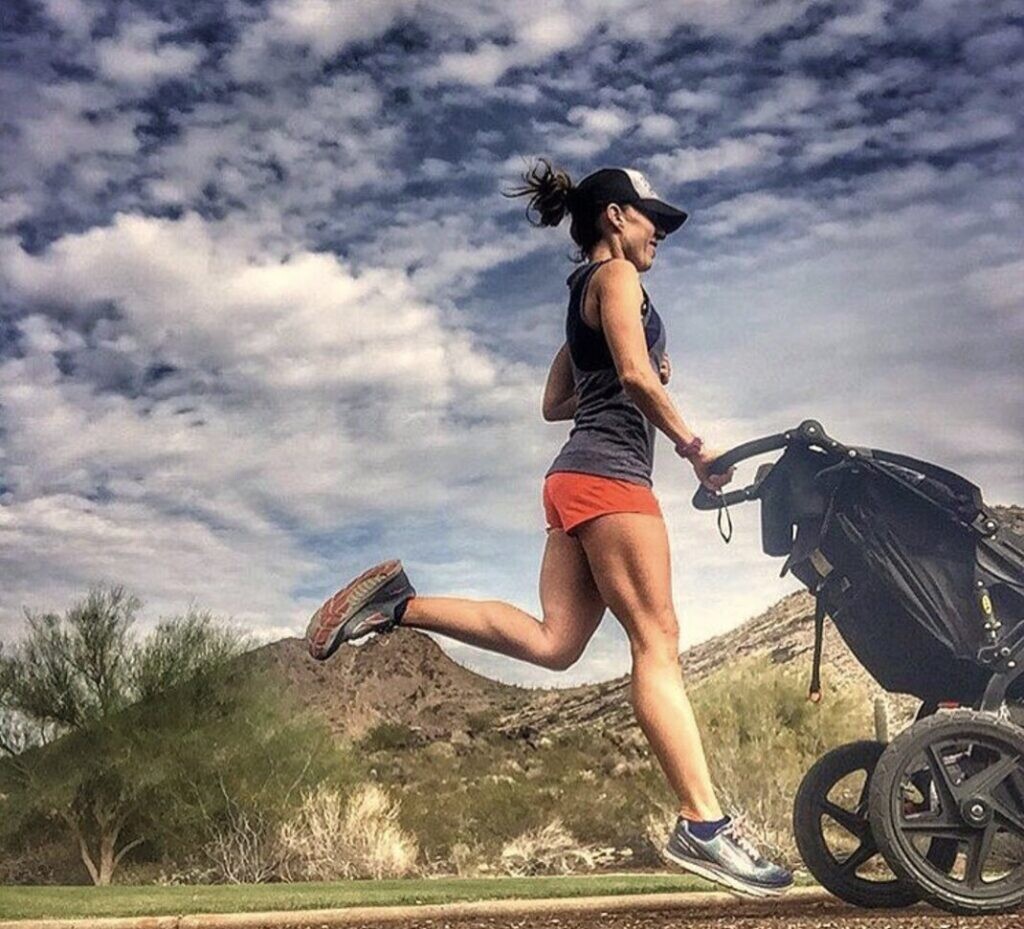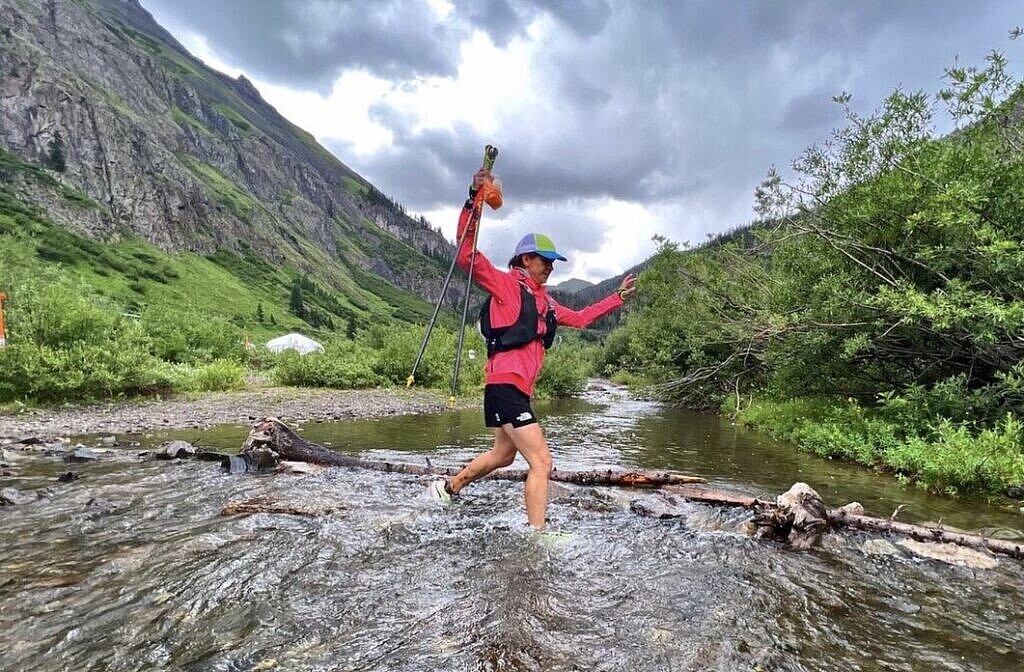Running News Daily
Running News Daily is edited by Bob Anderson. Send your news items to bob@mybestruns.com Advertising opportunities available. Train the Kenyan Way at KATA Kenya and Portugal owned and operated by Bob Anderson. Be sure to catch our movie A Long Run the movie KATA Running Camps and KATA Potato Farms - 31 now open in Kenya! https://kata.ke/
Index to Daily Posts · Sign Up For Updates · Run The World Feed
Why more men than women are running in ultra and trail races?
A recent study published in the Sport and Society journal set out to determine what barriers prevent women from entering ultra-distance races. It’s certainly not news that far more men sign up and race ultra and trail races than women.
Hardrock 100 recently added changes to their lottery system so that the percentage of women that enter the lottery is equal to the percentage of women racing, and other races are following their lead and promoting inclusivity in ultra and trail racing. In a sport where we are seeing women beat men at longer distances, why are so few women signing up to race?
The study

The research was conducted via online questionnaires sent to participants of all genders in two ultras in the U.K., the Highland Fling 85 km (53-mile) Ultratrail Race, and the Jedburgh Three Peaks Ultra. Jedburgh Three Peaks Ultra is a 61 km (38-mile) race that notably takes a firm stance on promoting inclusivity within their race and the larger Jedburgh Running Festival, offering a non-binary category for all of their races and encouraging transgender athletes to sign up in the category they identify with.
Following the online questionnaires, one-on-one phone interviews were conducted to compare the racing and training experiences between men and women and to determine what differentiated them.

The takeaway
The conclusions researchers arrived at probably aren’t surprising to many women. While time was a factor impeding both men and women from training for longer or terrain-specific (ie. trail) races, it impacted women more. Interestingly, more men than women within the study had dependents, and the study determined that traditional gender roles seem to be the greatest barrier to women signing up for ultras.
Both male and female participants shared that negotiating time for running with family and work commitments required considerable planning and prioritizing and that sometimes this process of negotiation efficacy was a family or team effort.
"Despite gradual shifts towards egalitarian family roles in society, more restrictive traditional gender roles persist, and these may still influence the negotiating-efficacy of female ultrarunners more than males, thereby potentially reducing the availability of female training time,” researchers said.
While this suggests that women are still carrying a greater burden of workload within families, the study concluded with optimism, reporting that more women are signing up for races than ever before. Researchers determined that the current historical influence of traditional gender roles is diminishing, and the ratio of women to men in ultra and trail races should continue to improve.
Login to leave a comment




